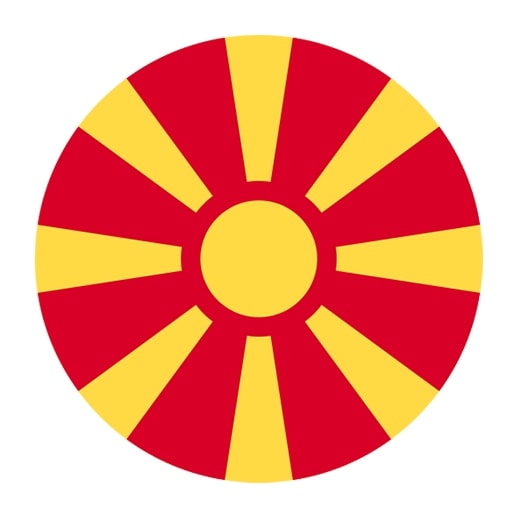Macedonian Grammar
Dive into the fascinating world of Macedonian grammar and uncover the structure behind this unique South Slavic language. Learning the basics of Macedonian grammar will empower you to communicate more confidently and explore the rich culture of North Macedonia. Get started today and make your first step toward mastering Macedonian!
Get started
The most efficient way to learn a language
Try Talkpal for freeUnraveling the Mysteries of Macedonian Grammar
Macedonian grammar – intricate yet approachable, fascinating yet graceful, complex yet intriguing. As you commence your voyage into the world of the Macedonian language, you might feel a mixture of excitement and intimidation when it comes to deciphering its grammatical enigmas. Fear not, fervent language enthusiast! We’re here to support you on this linguistic adventure!
In this engaging article, we’ll shed light on essential aspects of Macedonian grammar, providing insights, explanations, and practical examples. We’ll reveal that this fascinating Balkan language is more accessible than you may think! So buckle up and allow us to simplify and demystify Macedonian grammar for you.
1. Delightful Declensions: Noun Cases Made Easy
Like other Slavic languages, Macedonian features a complex noun case system, consisting of three cases: nominative, accusative, and dative. Though less daunting than languages with more cases, mastering these nuances is essential for achieving fluency. These cases assign different roles to nouns, pronouns, and adjectives in a sentence. Here is a brief overview:
– Nominative: The subject of the sentence
– Accusative: The direct object or the goal of an action
– Dative: The indirect object, or showing the direction of an action
To get the hang of these cases, practice is the key. With time and exposure to the language, these distinctions will become second nature.
2. Amiable Adjectives: Agreement Is Everything
Adjectives in Macedonian grammar are congenial conformists. They agree with the gender, number, and case of the nouns they describe. This means you’ll have to adjust each adjective’s form to align with the noun’s characteristics.
To make this process smoother, focus on learning the core adjective forms – masculine, feminine, and neuter. With regular practice, the process of adjective agreement will soon become intuitive.
3. Vigorous Verbs: Conjugation and Aspect Mastery
As with other Slavic languages, Macedonian verbs experience substantial variations. Conjugation depends on tense, mood, person, number, and, most importantly, aspect.
Macedonian verbs have two aspects: perfective and imperfective. Perfective verbs express a complete action, whereas imperfective ones convey an ongoing or repetitive action. Understanding this concept is crucial in refining your grammatical expertise.
4. Pitch-perfect Particles: Mastering Stress and Intonation
A uniquely Macedonian challenge for language learners is mastering the distinctive pitch-accent system that assigns stress and intonation to syllables. This system can directly impact meaning and understanding.
To attain accuracy in pronunciation and clarity in communication, pay close attention to intonational patterns in native Macedonian speakers’ speech. As a beginner, you may struggle, but remember that practice breeds confidence and mastery.
5. Embrace the Intricacies: Persevere and Prosper
Macedonian grammar, at first glance, may seem complex, but keep in mind that patience, practice, and perseverance are the secrets to success. Engage with the language through reading, writing, listening, and speaking. Embrace the challenges and reward yourself with the satisfaction of progress.
So, are you ready to dive into the mesmerizing realm of Macedonian grammar? Embrace its quirks and complexities, savor the subtleties, and remember that with dedication and enthusiasm, you can unlock the true beauty of the Macedonian language. Со среќа! (Good luck!)








